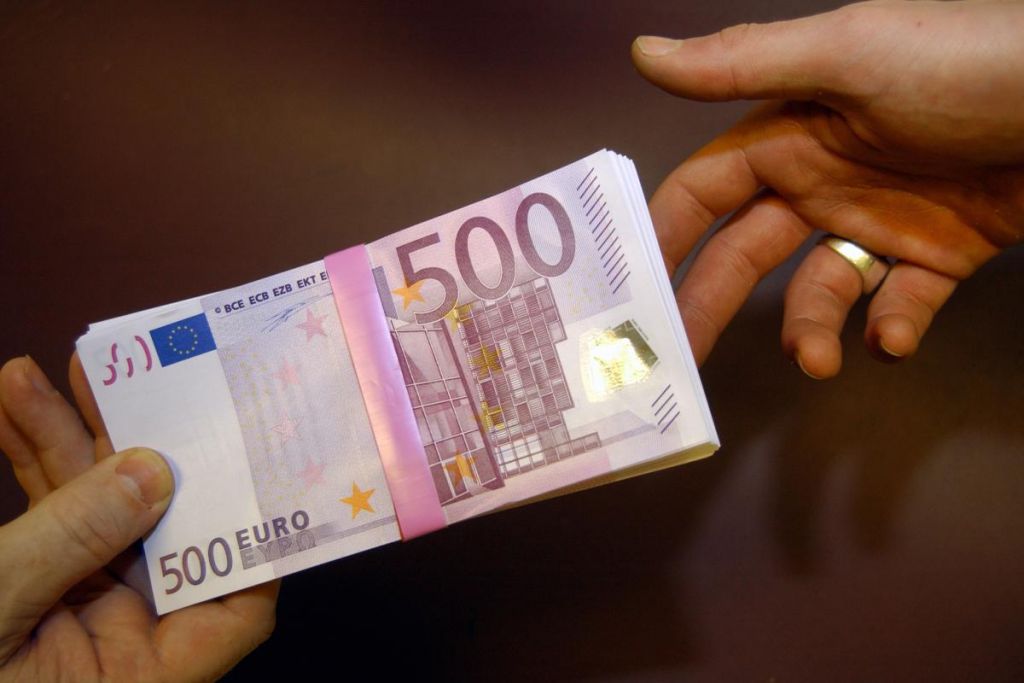The U.S. Treasury Department Must Make It a Priority

Combating corruption and kleptocracy has traditionally been an afterthought in U.S. foreign policy: a goal that most policymakers considered laudable but hardly a priority. That attitude is no longer acceptable. In recent years, countries such as China and Russia have “weaponized” corruption, as Philip Zelikow, Eric Edelman, Kristofer Harrison, and Celeste Ward Gventer argued in these pages last year. For the ruling regimes in those countries, they wrote, bribery and graft have “become core instruments of national strategy” through which authoritarian rulers seek to exploit “the relative openness and freedom of democratic countries [that] make them particularly vulnerable to this kind of malign influence.”
Strikingly, one particular form of financial aggression—covert foreign money funneled directly into the political processes of democracies—has increasedby a factor of ten since 2014. Over roughly the same period of time, American voters have become highly receptive to narratives about corruption, and politicians across the ideological spectrum now routinely allege that the economy is rigged and deride their opponents as crooked and corrupt. Thus, the needs of U.S. foreign policy and domestic politics have neatly aligned to offer a historic opportunity for a sweeping anticorruption campaign that would institutionalize transparency, resilience, and …
Foreign Affairs By Josh Rudolph